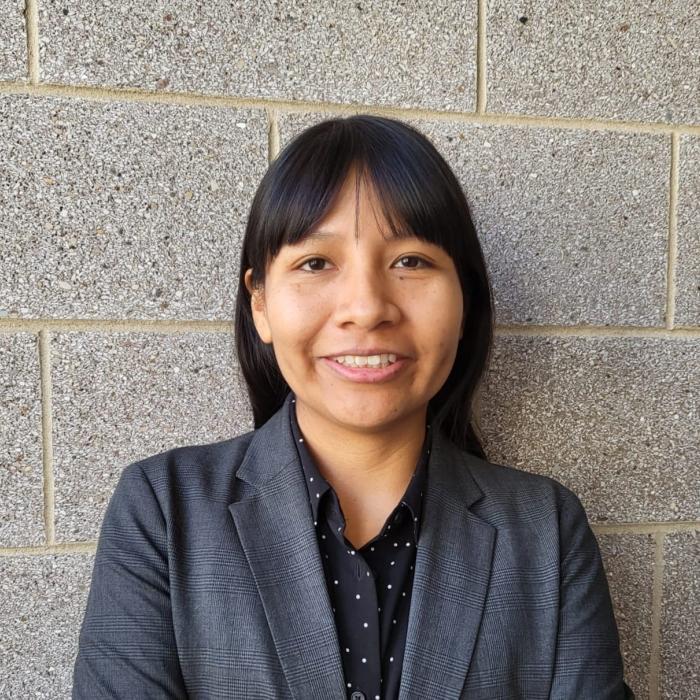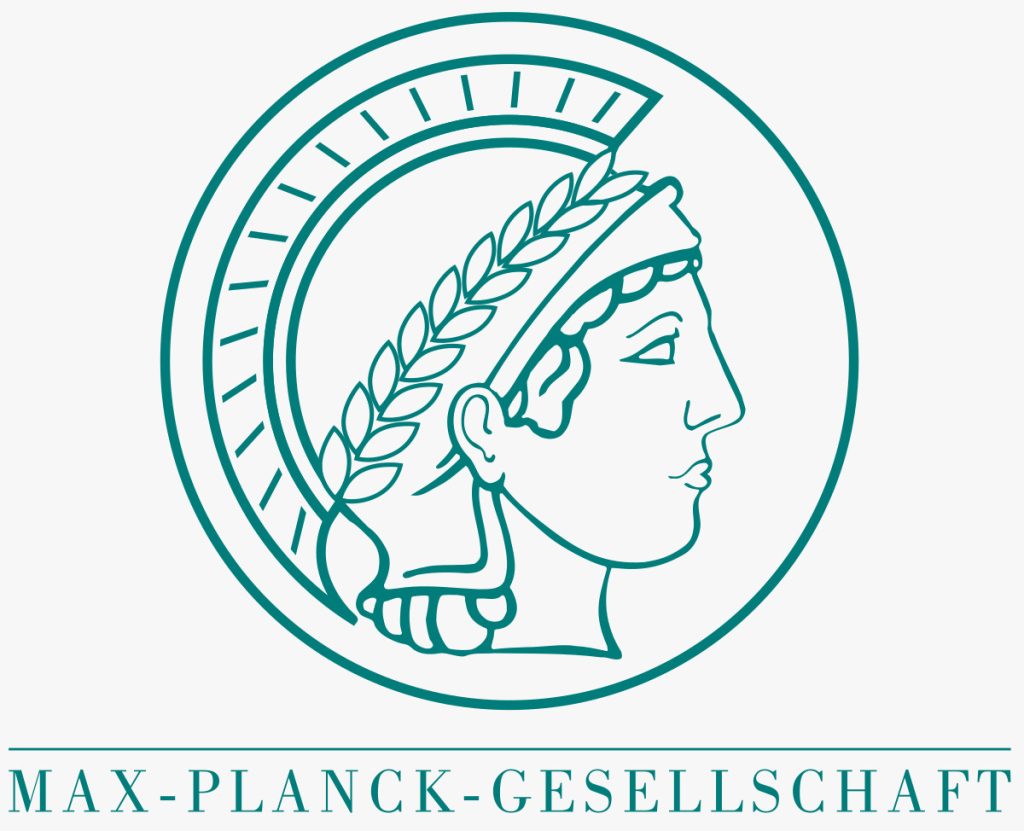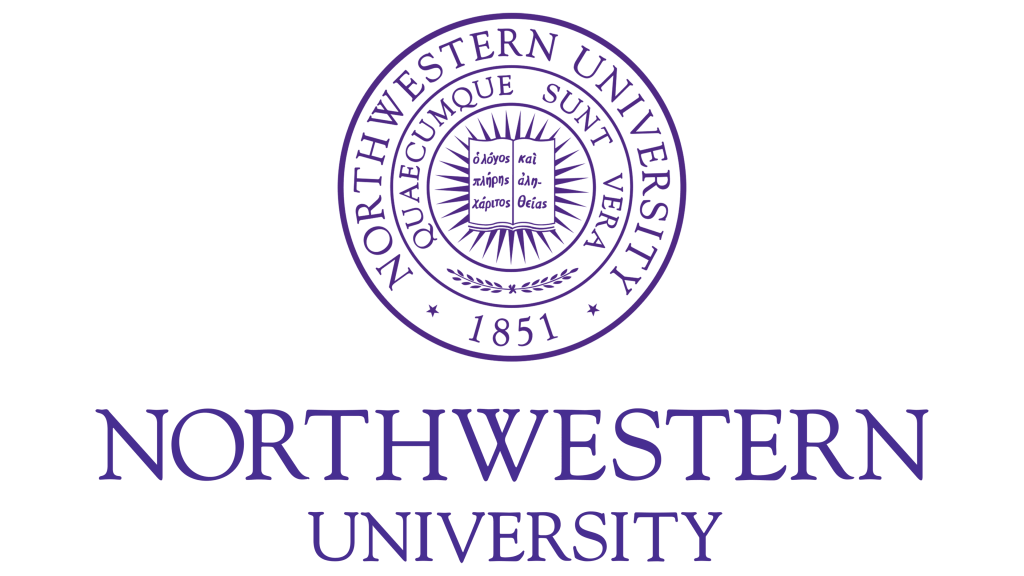Career Highlights
Awards and Recognition:
- MIT Chemistry Future Faculty Symposium.
- St. Elmo Brady Postdoctoral Inclusive Excellence Award.
- Selected to attend the 67th Lindau Nobel Laureate Meeting in Chemistry, Lindau, Germany.
- ERASMUS + Funding – Master Thesis at University of Oxford.
Teaching Experience:
- R&D mentor for PhD and master students.
- Organic Chemistry Lecturer at Northwestern University.
- Mentor for Bolivian Chemistry Olympiads.

Education
- Postdoctoral Fellow, Northwestern University, 2022-2025.
Advisor: Prof. Christian Malapit. - Ph.D. Chemistry, Max-Planck-Institut für Kohlenforschung, 2022.
Advisor: Prof. Tobias Ritter. - M. S. Molecular Science, University of Erlangen-Nuremberg, 2018.
Advisor: Prof. Markus Heinrich
Oxford University, ERASMUS+ Scholar
Advisor: Prof. Michael Willis. - B.S. Chemistry, Graduated with Academic Excellence Mayor de San Simon University, 2016.
Advisor: Prof. Sonia Torrico and Prof. Carla Oporto. - B.S. Mathematics Simon I. Patiño, University, 2016.
Advisor: Prof. Rimer Zurita.
Eva Maria Alvarez Pari, Ph.D.
- Assistant Professor
- University of Virginia
- gqh4nf@virginia.edu






Dr. Eva Maria Alvarez Pari (she/her) is a Bolivian chemist. Her passion for chemistry began when she took part in the Chemistry Olympiad competition during her time in high school. Subsequently, Eva completed her B.S. in Chemistry and B.S. in Mathematics at Mayor de San Simon University (UMSS) and Simon I. Patiño University (USIP), respectively.
During her undergraduate studies, she worked on the isolation of main components of stevia leaves: stevioside and rebaudioside A under the supervision of Dr. Sonia Torrico. She also conducted biological treatment of highly acidic drainage of the San Jose mine, Bolivia under the supervision of Dr. Carla Oporto at the Center for Water and Environmental Sanitation (UMSS). In 2016, Eva conducted her Master Degree at the Friedrich-Alexander University with Prof. Markus Heinrich, where she developed intermolecular radical carbofluorination of unactivated alkenes with Selectfluor. In 2017, Eva participated in the prestigious Lindau Nobel Laureate Meetings in Lindau, Germany. While completing her Master Degree, she was awarded an Erasmus Scholarship to complete her Master Thesis under the supervision of Prof. Michael Willis at the University of Oxford. At Oxford, she developed palladium- catalyzed desulfinylative C–H functionalization of N-heteroarenes with sodium pyridine 2-sulfinates as coupling partners. For her PhD, Eva joined the group of Prof. Tobias Ritter at the Max Planck Institute in Muelheim an der Ruhr, where her research centered on the development of projects related to late-stage C–H functionalization via aryl thianthrenium salts for complex molecule synthesis. Her signature work in Prof. Ritter’s group is the design and synthesis of synthetically useful bicyclopentane sulfonium salts, which consists on an unprecedented light-enabled strain-release reaction of [1.1.1]propellane with alkyl sulfonium salts. Their subsequent reactivity was explored via metallaphotoredox catalysis in Minisci, C-N and elusive C-O bond formation. During her last year at the Max Planck Institute, she worked on the design and synthesis of novel three-dimensional small-ring scaffolds such as cyclopropane sulfonium salt products from tertiary carboxylic acids upon visible-light irradiation (Sulfonium-Hunsdiecker reaction).
To expand her knowledge in radical chemistry, Eva then joined the lab of Prof. Christian Malapit at Northwestern University. Eva’s research focuses on the generation of electrophilic radical species for selective functionalization of π-systems (arenes and olefins) to address longstanding challenges in selective and sustainable organic synthesis by implementing electrochemical techniques. In the Malapit group, Eva initiated and led the electrochemical aromatic C-H functionalization research program to develop site-selective aromatic C-H amination of electron-rich, -neutral and -deficient arenes using bicyclic tertiary amines and explored the reactivity profile of the aryl quaternary ammonium salt products as aryl radical precursors under photoredox catalysis.
In August 2025, Eva is going to start her independent research program as a tenure-track Assistant Professor at the University of Virginia. Outside of her research, Eva enjoys hiking in the countryside, outdoor activities, and traveling.




Eva M. Alvarez Pari
Awards and Recognition:
–MIT Chemistry Future Faculty Symposium.
–St. Elmo Brady Postdoctoral Inclusive
Excellence Award.
–Selected to attend the 67th Lindau Nobel Laureate Meeting in Chemistry, Lindau, Germany.
–ERASMUS + Funding – Master Thesis at University of Oxford.
Teaching Experience:
–R&D mentor for PhD and master students.
–Organic Chemistry Lecturer at Northwestern University.
–Mentor for Bolivian Chemistry Olympiads.
-Postdoctoral Fellow, Northwestern University, 2022-2025.
Advisor: Prof. Christian Malapit.
-Ph.D. Chemistry, Max-Planck-Institut für Kohlenforschung, 2022.
Advisor: Prof. Tobias Ritter.
-M.S. Molecular Science, University of Erlangen-Nuremberg, 2018.
Advisor: Prof. Markus Heinrich
Oxford University, ERASMUS+ Scholar
Advisor: Prof. Michael Willis.
-B.S. Chemistry, Graduated with Academic excellence, Mayor de San Simon University, 2016.
Advisor: Prof. Sonia Torrico and Prof. Carla Oporto.
-B.S. Mathematics, Simon I. Patiño University, 2016.
Advisor: Prof. Rimer Zurita.
Dr. Eva Maria Alvarez Pari (she/her) is a Bolivian chemist. Her passion for chemistry began when she took part in the Chemistry Olympiad competition during her time in high school. Subsequently, Eva completed her B.S. in Chemistry and B.S. in Mathematics at Mayor de San Simon University (UMSS) and Simon I. Patiño University (USIP), respectively.
During her undergraduate studies, she worked on the isolation of main components of stevia leaves: stevioside and rebaudioside A under the supervision of Dr. Sonia Torrico. She also conducted biological treatment of highly acidic drainage of the San Jose mine, Bolivia under the supervision of Dr. Carla Oporto at the Center for Water and Environmental Sanitation (UMSS). In 2016, Eva conducted her Master Degree at the Friedrich-Alexander University with Prof. Markus Heinrich, where she developed intermolecular radical carbofluorination of unactivated alkenes with Selectfluor. In 2017, Eva participated in the prestigious Lindau Nobel Laureate Meetings in Lindau, Germany. While completing her Master Degree, she was awarded an Erasmus Scholarship to complete her Master Thesis under the supervision of Prof. Michael Willis at the University of Oxford. At Oxford, she developed palladium- catalyzed desulfinylative C–H functionalization of N-heteroarenes with sodium pyridine 2-sulfinates as coupling partners. For her PhD, Eva joined the group of Prof. Tobias Ritter at the Max Planck Institute in Muelheim an der Ruhr, where her research centered on the development of projects related to late-stage C–H functionalization via aryl thianthrenium salts for complex molecule synthesis. Her signature work in Prof. Ritter’s group is the design and synthesis of synthetically useful bicyclopentane sulfonium salts, which consists on an unprecedented light-enabled strain-release reaction of [1.1.1]propellane with alkyl sulfonium salts. Their subsequent reactivity was explored via metallaphotoredox catalysis in Minisci, C-N and elusive C-O bond formation. During her last year at the Max Planck Institute, she worked on the design and synthesis of novel three-dimensional small-ring scaffolds such as cyclopropane sulfonium salt products from tertiary carboxylic acids upon visible-light irradiation (Sulfonium-Hunsdiecker reaction).
To expand her knowledge in radical chemistry, Eva then joined the lab of Prof. Christian Malapit at Northwestern University. Eva’s research focuses on the generation of electrophilic radical species for selective functionalization of π-systems (arenes and olefins) to address longstanding challenges in selective and sustainable organic synthesis by implementing electrochemical techniques. In the Malapit group, Eva initiated and led the electrochemical aromatic C-H functionalization research program to develop site-selective aromatic C-H amination of electron-rich, -neutral and -deficient arenes using bicyclic tertiary amines and explored the reactivity profile of the aryl quaternary ammonium salt products as aryl radical precursors under photoredox catalysis.
In August 2025, Eva is going to start her independent research program as a tenure-track Assistant Professor at the University of Virginia. Outside of her research, Eva enjoys hiking in the countryside, outdoor activities, and traveling.